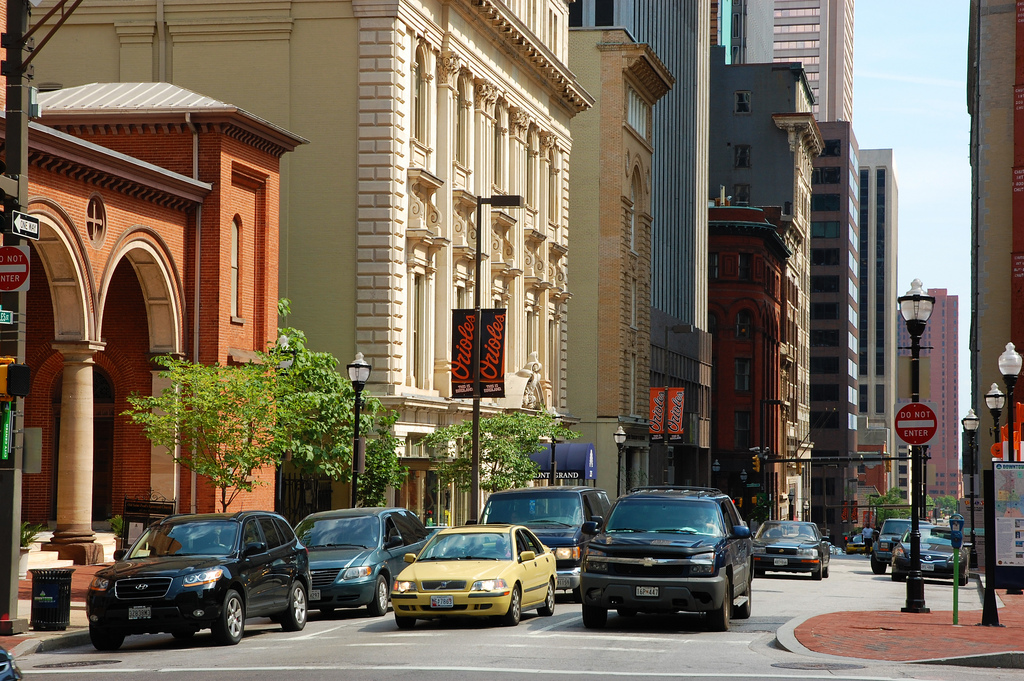Topic(s): Projects and Events
Three new communities selected for the Technical Assistance Scholarship Program
March 8, 2016

Community Progress launched the competitive Technical Assistance Scholarship Program (TASP) in 2014, to help us find and support today’s pioneers in the work to reclaim and revitalize problem properties. TASP seeks out communities that are ready to effect positive change on the ground and that could become innovative models from which others will learn.
Today, we’re pleased to announce the three communities chosen as recipients in the latest round of TASP:
Baltimore, Maryland
High Point, North Carolina
Rockford, Illinois
Baltimore, High Point, and Rockford were chosen based on a range of criteria, including the potential for innovation that other cities can learn from, demonstrated leadership to implement reform and the overall scale of vacancy challenges as well as need for outside assistance
Each city will receive assistance from a team of national experts over six months between March 2016 and September 2016. Grant funding from JPMorgan Chase provides the majority of the program’s support.
Read more about the technical assistance to be undertaken in each community below.
Baltimore, Maryland
In Baltimore, technical assistance will work to improve the City’s tax sale system, which local leaders have identified as contributing to the ongoing cycle of property vacancy in the City. The project’s ultimate goal is to create a system that supports the collection of revenue, protects the most vulnerable citizens, and returns vacant properties to productive reuse. Read More >>
High Point, North Carolina
In High Point, technical assistance will help to expand and improve the City’s code enforcement system in core city neighborhoods, and develop comprehensive strategies to address non-housing needs of the residents of homes with code violations. Read More >>
Rockford, Illinois
In Rockford, technical assistance will focus on developing an early alert system to identify the warning signs of potential vacancy and abandonment. This project will also emphasize the need to better coordinate ongoing blight remediation efforts among various City departments, lenders, nonprofits and residents, while also supporting current owner-occupants and tenants in order to prevent further neighborhood decline. Read More >>
Subscribe to join 14,000 community development leaders getting the latest resources from top experts on vacant property revitalization.



